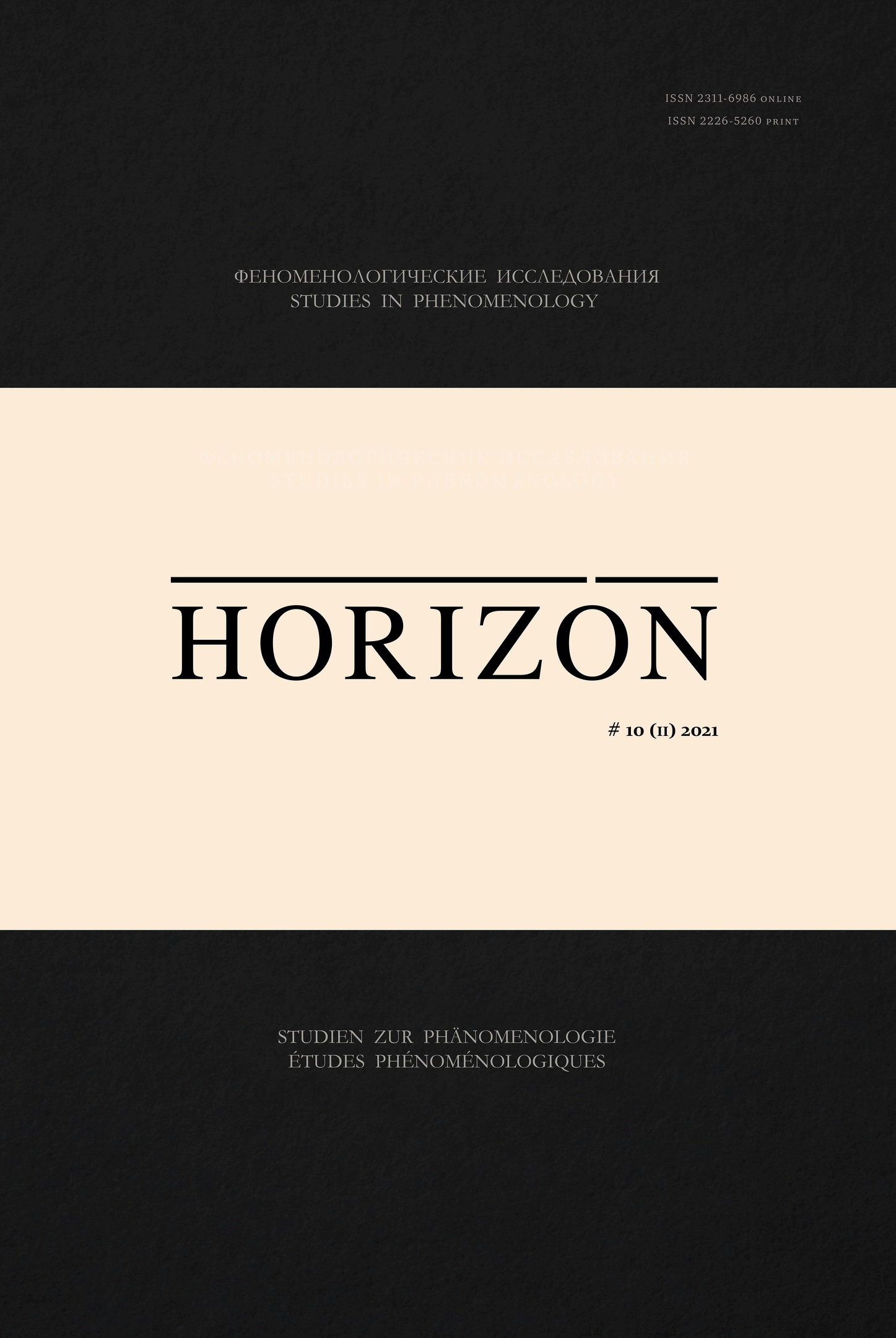ON FILOZOFOWNA’S CRITICISM OF BLAUSTEIN’S
PHENOMENOLOGY OF AESTHETIC EXPERIENCE
ON FILOZOFOWNA’S CRITICISM OF BLAUSTEIN’S
PHENOMENOLOGY OF AESTHETIC EXPERIENCE
Author(s): Witold PłotkaSubject(s): History of Philosophy, Aesthetics, Phenomenology
Published by: Издательство Санкт-Петербургского государственного университета
Keywords: descriptive psychology; phenomenological method; aesthetic experience; hypothesis; description; theory of presentations; Filozofowna;Blaustein;
Summary/Abstract: Phenomenology originates in a critical assessment of descriptive psychology. In this regard, scholars emphasize mainly the problem of psychologism. Yet, the question of a methodological divide between both approaches is rather at the margins of contemporary scholarship. In the present paper, I analyze and discuss the 1931–32 debate held by Irena Filozofowna and Leopold Blaustein as a case study of the phenomenology-psychology divide. The debate addresses the structure of aesthetic experience, as well as a methodological background for describing psychic life. My main task is to present arguments, concepts, and methodologiesof the opposing positions. To do so, in Sect. (1) I outline biographical sketches of Filozofownaand Blaustein. They were members of the Lvov-Warsaw School, but they presented different approaches:whereas Filozofowna advocated descriptive and experimental psychology, Blaustein—educated not only by Twardowski, but also by Ingarden, and Husserl—referred to the phenomenological tradition too. Sect. (2)summarizes Blaustein’s phenomenological aesthetics. His approach consists in analyzing aesthetic experience as a combination of nonreducible presentations. His key observation is that different types of art require different presentations, say, imaginative, schematic, or symbolic. In Sect. (3), I analyze Filozofowna’s criticism of this approach. Her main argument consists in emphasizing judgments as a necessary element of every lived experience. She claims that Blaustein comprehends acts as intentional, i.e., as presenting their objects as “such and such,” but by doing so, he confuses presentations with judgments. In this section I follow Blaustein’s replies to Filozofowna’s criticism. In Sect. (4), I analyze Filozofowna’s argument that Blaustein adopted an ineffective method, since he was too hasty in accepting unjustified hypotheses. In Sect. (5), I askabout a theoretical background of Filozofowna’s criticism, and I juxtapose both positions.
Journal: Horizon. Феноменологические исследования
- Issue Year: 10/2021
- Issue No: 2
- Page Range: 534-552
- Page Count: 19
- Language: English

